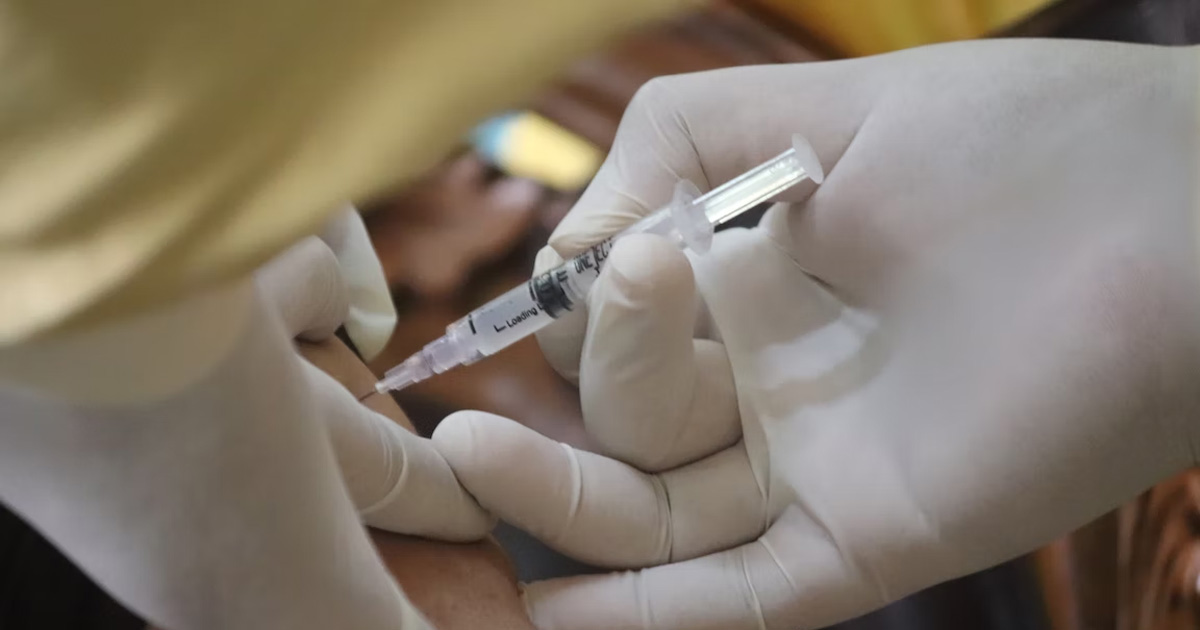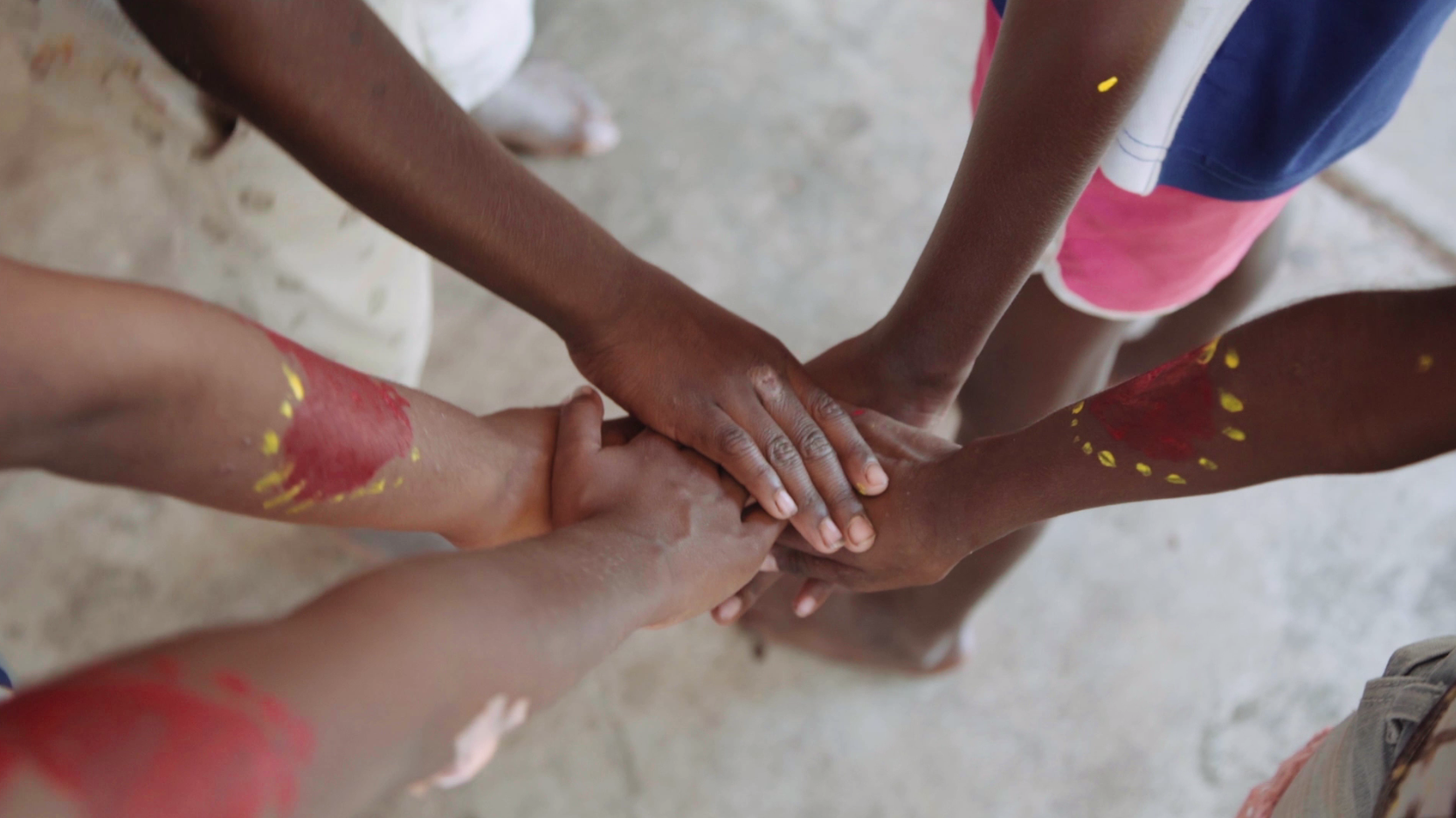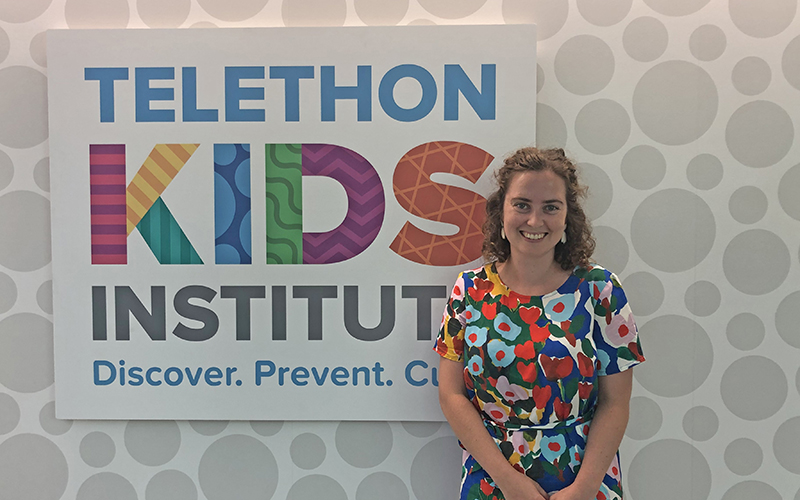Search

News & Events
Skin infections flying under the radarThe Kids Research Institute Australia researchers have confirmed that skin infections in many Aboriginal children across northern Western Australia are going unrecognised.

News & Events
RSV vaccine for pregnant women provides protection for babies: studyA world-first study has found a new vaccine against potentially deadly respiratory syncytial virus (RSV) is safe and effective for use in pregnant women, to help protect their babies.

News & Events
The Kids Research Institute Australia activities at Telethon 2018As one of Telethon’s earliest and most long-standing beneficiaries, we are incredibly proud to be taking part in the Telethon Weekend again in 2018.

News & Events
The Kids Research Institute Australia research teams supported by WA Near-Miss AwardsSeven important The Kids Research Institute Australia research projects have received support from the Future Health Research and Innovation Fund through the WA Near-Miss Awards (WANMA).

News & Events
RSV prevention finally in reach after 20 years of research at The Kids Research Institute AustraliaWorld-first immunisations providing protection against deadly respiratory syncytial virus (RSV) could be just months away thanks to global research efforts spanning multiple decades.

News & Events
Community-led research set to revolutionise treatment of rheumatic heart diseaseYoung Aboriginal and Torres Strait Islander people receiving long-term, painful injections to prevent deadly complications from rheumatic heart disease (RHD) will design their own optimum treatment program thanks to latest research at The Kids Research Institute Australia.

News & Events
Time for WA’s ‘wait awhiles’ to get vaccinatedResearchers leading a study into COVID-19 vaccine hesitancy say a sub-group of people they’ve dubbed the ‘wait awhiles’
Research
The psychological impact of paediatric burn injuries: a systematic reviewTo review and synthesise qualitative literature regarding the psychological outcomes following paediatric burn injuries, and to determine if children and adolescents who experience a burn injury have elevated risk of psychopathology following the injury.
Research
Child protection involvement of children of mothers with intellectual disabilityChildren born to parents with intellectual disability (ID) have been shown as disproportionally represented in child protection services however with limited population-based research.
Research
Altered Behavior in Encephalitis: Insights From the Australian Childhood Encephalitis Study, 2013-2018Altered mental status is a major criterion for a diagnosis of encephalitis to be made with alteration in behavior, a key manifestation of altered mental status. We reviewed all evaluated cases identified by the Australian Childhood Encephalitis study between May 2013 and June 2018.
